SOFLUX Welcomes new Leadership

The SOOS Southern Ocean Fluxes (SOFLUX) Capability Working Group (CWG) has recently undergone an extensive leadership overhaul. First of all, SOFLUX would like to welcome Dr Iole Orselli as the new working group Co-chair, who will replace outgoing Co-chair Professor Sarah Gille. Iole will support Marcel DuPlessis with leading the working group, who would like to extend a heartfelt "thank you" to Sarah for the 8 years spent as SOFLUX co-chair. Sarah has been the heart of SOFLUX and was instrumental in its creation and running over the last years. We are glad that Sarah will remain on the leadership team and continue to provide valuable input into the future direction of SOFLUX.
Further transitions include a farewell to outgoing leadership team members Carol-Anne Clayson, Simon Josey, Andrew Lenton, and Eric Shulz. We extend our deep gratitude to these past member, who have all served on SOFLUX since its inception in 2016. Please welcome the new leadership team members who will join the leadership team: Sarah Nicholson, Magdalena Carranza, Luciano Pezzi, and Ronald de Souza.
SOFLUX also welcomes Channing Prend as the new APECS ECR representative, who will take over from Iole Orselli.
Dr Iole Orselli is a physical-biogeochemical oceanographer with experience in air-sea CO2 net fluxes, anthropogenic carbon uptake, ocean acidification, and physical processes from meso to large scales. She completed her PhD in Oceanography and was developed as a "cotutelle" agreement between FURG (Brazil) and the Université de Perpignan Via Domitia (UPVD, France). She is a member of the Brazilian Ocean Acidification Network (BROA), the Brazilian High Latitude Oceanography Group (GOAL), and the National Institute of Science and Technology for the Cryosphere (INCT-CRIOSFERA).
Throughout Iole's studies, she has participated in 15 research cruises from Brazilian (FURG and USP) and German (GEOMAR and AWI) institutions. They were conducted in the Southern Ocean (7), South Atlantic crossings (3), and along the Brazilian coast (5), completing ~400 days at sea.
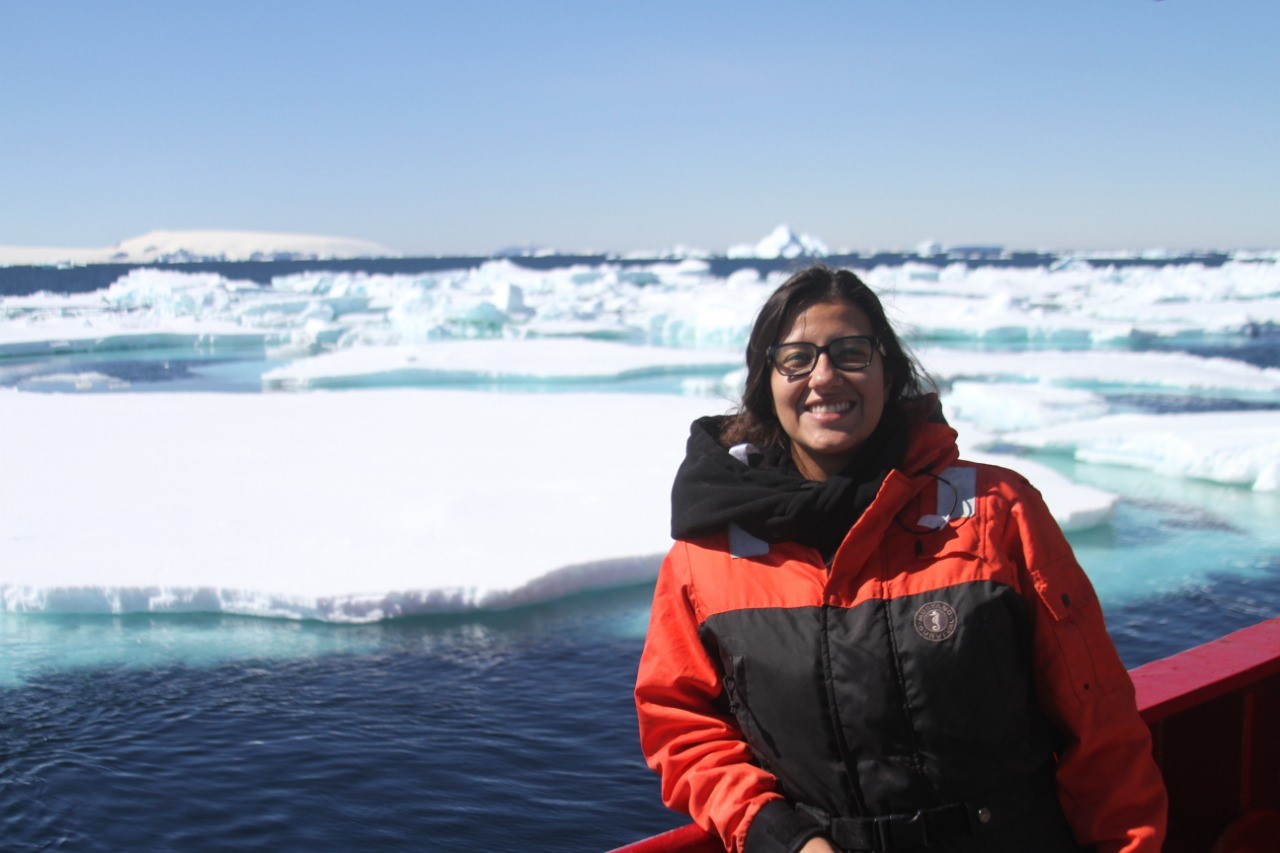
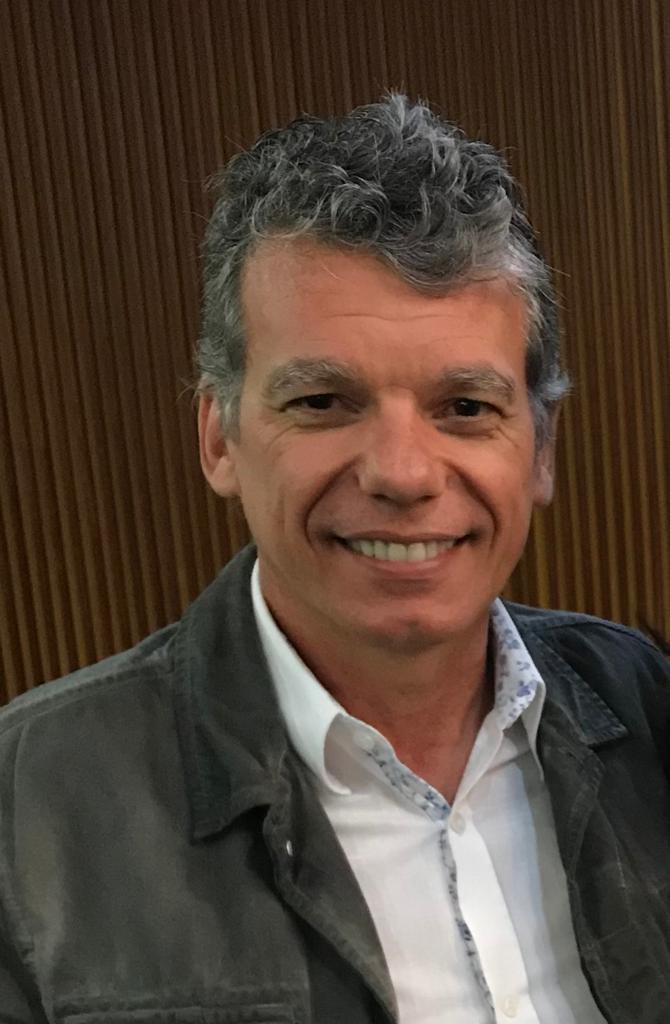
Dr Magdalena Carranza is a research associate within MBARI’s Science division, working closely with the Chemical Sensor Lab. She initiated her career in Oceanography as an undergraduate at the University of Buenos Aires studying biological productivity in frontal systems of the Patagonian shelf from remote sensing. She obtained her PhD in physical oceanography from Scripps Institution of Oceanography-UCSD, partially funded by a NASA Earth and Space Science Fellowship (NESSF) to investigate the role of storms in Southern Ocean phytoplankton bloom development. She has been involved in SOCCOM since its early inception, when she incorporated biogeochemical Argo float observations to her PhD research. As an Advanced Study Program (ASP) Fellow at the National Center for Atmospheric Research (NCAR), she continued to investigate imprints of weather scale phenomena on the upper-ocean of the Community Earth System Model (CESM), leveraging storm tracking techniques and biogeochemical modelling expertise from the Climate and Global Dynamics Lab at NCAR. She arrived at MBARI as a Postdoctoral Fellow to exploit Argo profiling float observations to assess the feasibility of inferring vertical mixing rates for the surface mixed layer from variability in float’s ascent rates. Magdalena’s training background is in physical oceanography but her research interests are highly interdisciplinary, lying in the intersection of the atmosphere, oceans and biosphere. She investigates the role that atmospheric forcing plays in changing upper ocean physics, its impacts on phytoplankton carbon and air-sea gas exchange, as well as impacts of synergistic effects between atmosphere and ocean weather dynamics. In particular, her focus is on synoptic-scale atmospheric weather phenomena in the Southern Ocean, combining observations from satellites, Argo floats, atmospheric reanalysis data, and model output. Her goal is to gain mechanistic understanding of surface mixed layer biogeochemical and physical processes and implications of high-frequency events (on scales of a few days) for long-term means of biogeochemical fields and Southern Ocean carbon uptake from observations, to ultimately inform model development and reduce uncertainty in oceanic carbon pathways and future climate predictions.
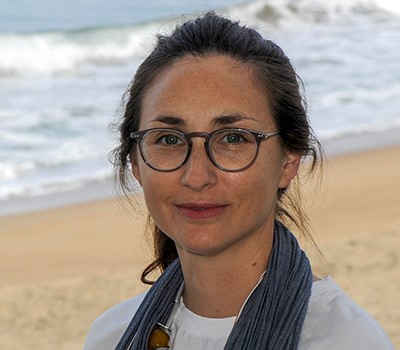
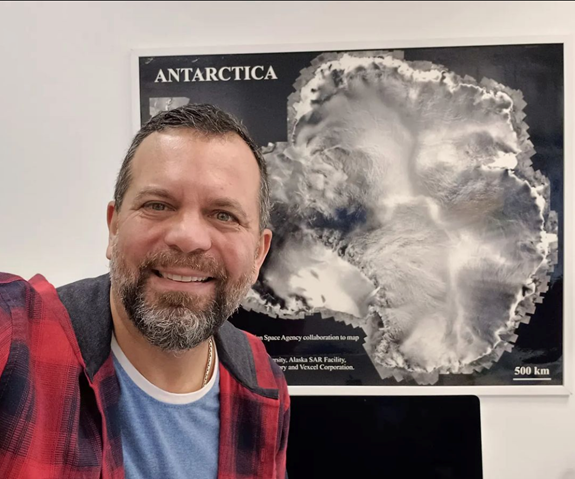
Dr Ronald Souza is a Brazilian physical oceanographer. He completed his PhD in the National Oceanography Center Southampton (NOCS), University of Southampton (UK) in the year 2000. He currently leads the Ocean and Cryosphere Group of the Center for Weather Forecast and Climate Studies (CPTEC) of the National Institute for Space Research (INPE), Brazil, where he holds a permanent position as a senior scientist. His major interest fields are the ocean-atmosphere interaction, regional oceanography, in situ and satellite observations of the South Atlantic and Southern Ocean and fisheries oceanography. At the present he leads the coupled ocean-sea ice-atmosphere modeling efforts of INPE as a component of the development of the new Brazilian, community Earth System Model MONAN (Model for Ocean-Land-Atmosphere Prediction). He is a member of the Southern Ocean Region Panel (SORP) of CLIVAR/CliC/SCAR. He was also the national coordinatior of PIRATA (Prediction and Research Moored Array in the Tropical Atlantic) between 2019-2021 and is a member of the National Executive Committee of GOOS-Brazil (Global Ocean Observing System, Brazil). His major scientific interests are the local forcing of the ocean's mesoscale on the marine atmospheric boundary layer at the synoptic meteorological scale, the heat, momentum and CO2 fluxes between the ocean and the atmosphere, and the climate modeling of the Antarctic sea ice. Throughout his career, he coordinated several scientific projects inside PROANTAR (Brazilian Antarctic Program), many of them using in situ instruments for collecting novel air-sea interaction data in the Atlantic Sector of the Southern Ocean. He also participated or coordinated several research cruises though PROANTAR, PIRATA nad other iniciatives off the coast of Brazil.
Dr Sarah Nicholson is a Senior Research at the Southern Ocean Carbon-Climate Observatory (SOCCO), CSIR. Sarah completed her undergraduate studies in Ocean and Atmospheric Sciences at the University of Cape Town. She completed a PhD as a co-badged degree between University of Pierre and Marie Curie and the University of Cape Town. During her doctorate, Sarah used various idealised physical-biogeochemical model configurations to investigate how storms impact upper-ocean mixing, advection, nutrient transport and phytoplankton production in the Southern Ocean. Since 2017, Sarah started a role as a researcher in the Southern Ocean Carbon & Climate Observatory (SOCCO) group at the CSIR in Cape Town, where she has had extensive involvement in the carrying out of SOCCOs observational programme using autonomous platforms (Seagliders and Wave Gliders). Her research interests are on the intersection between the atmosphere, the ocean and biogeochemistry. More specifically, on understanding and observing how storms and their interaction with fine-scale (meso to sub-mesoscale) impacts fluxes of CO2 and heat in the upper ocean. Sarah is motivated to address these complex climate problems through innovation. Since the beginning of 2022, Sarah has been responsible for management of the South African Robotics and Ocean Technology Innovation Centre (SA-RobOTIC).
SOCCO is a multidisciplinary research programme whose focus is on understanding and investigating the Southern Ocean role in global carbon and climate. It involves members with backgrounds in chemistry, physics, biology, .

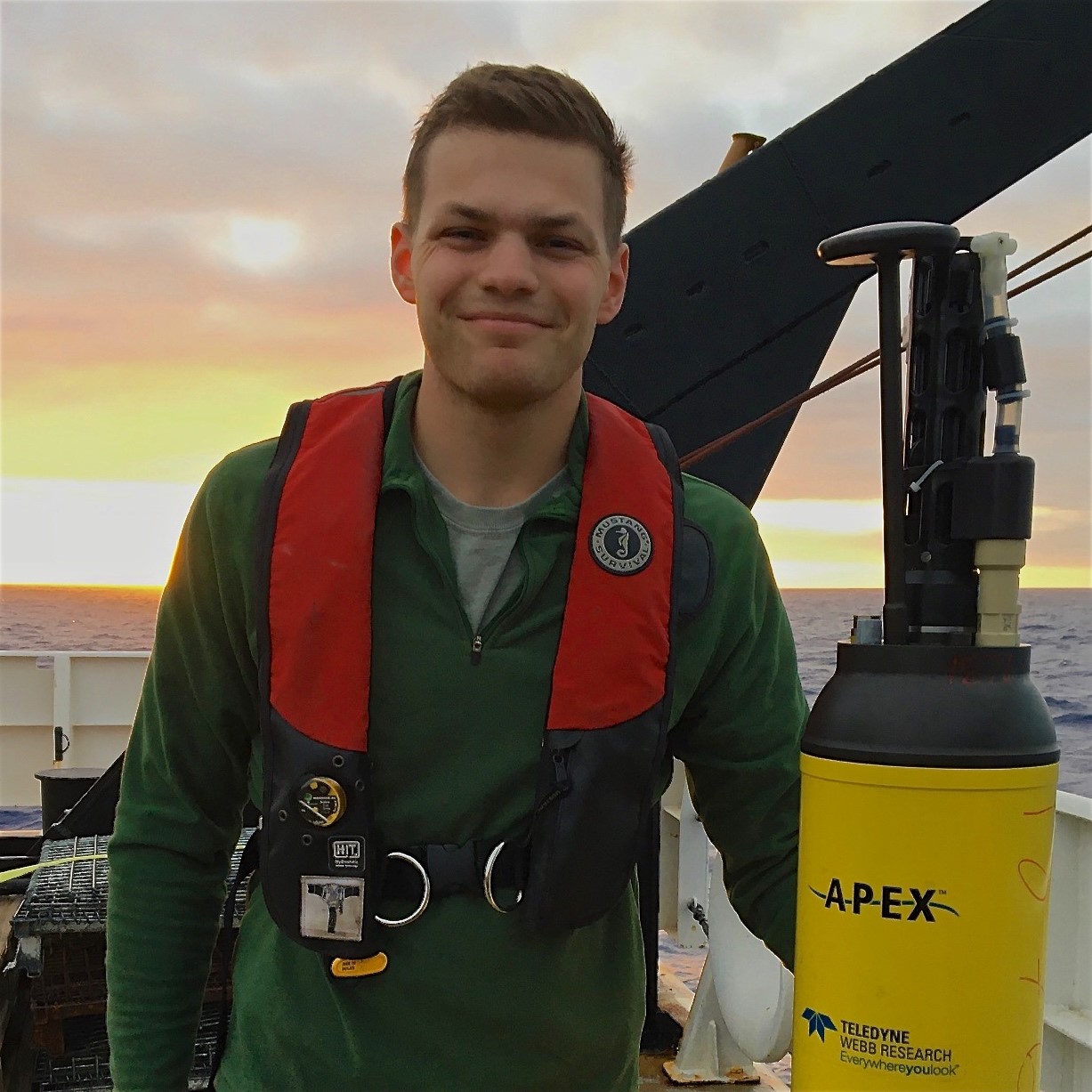
Dr Channing Prend is a physical oceanographer and NOAA Climate & Global Change postdoctoral fellow with a joint appointment at the University of Washington and California Institute of Technology. He received a PhD in physical oceanography from Scripps Institution of Oceanography, where he was awarded the Jean Fort Dissertation Prize. His doctoral research investigated physical controls on primary production and air-sea carbon fluxes in the Southern Ocean using autonomous floats, satellite data, and model output. His current work is focused on submesoscale air-sea-ice interactions in marginal ice zones and pathways of ocean transport toward the Antarctic Ice Sheet. Channing is also involved in a range of science communication and policy efforts.






